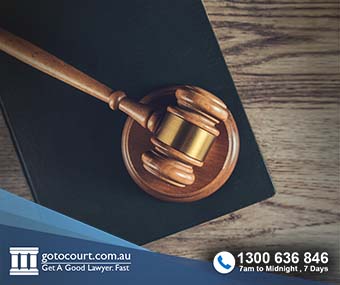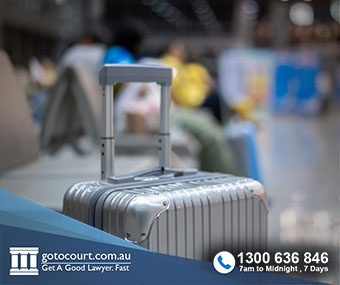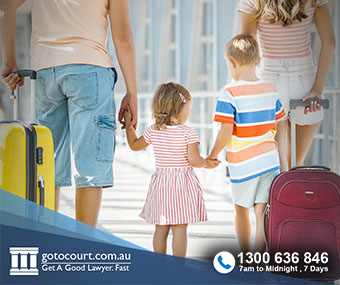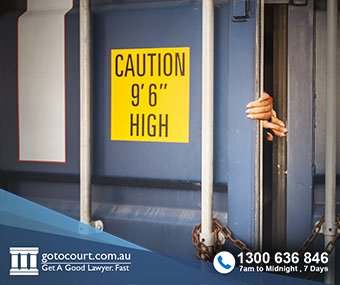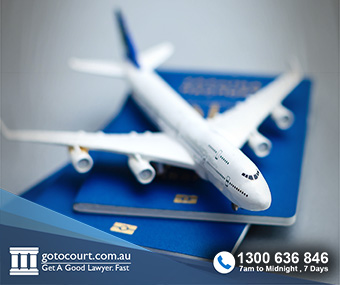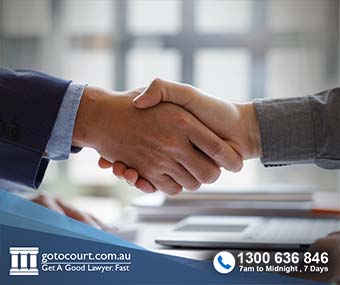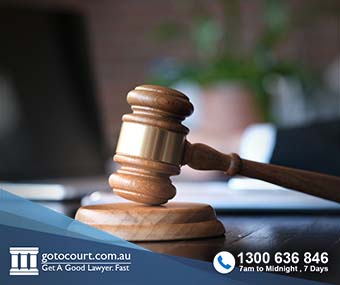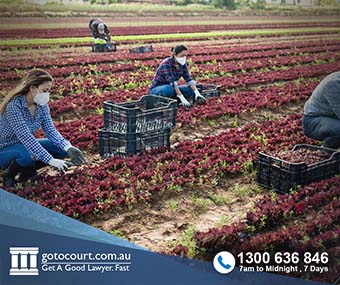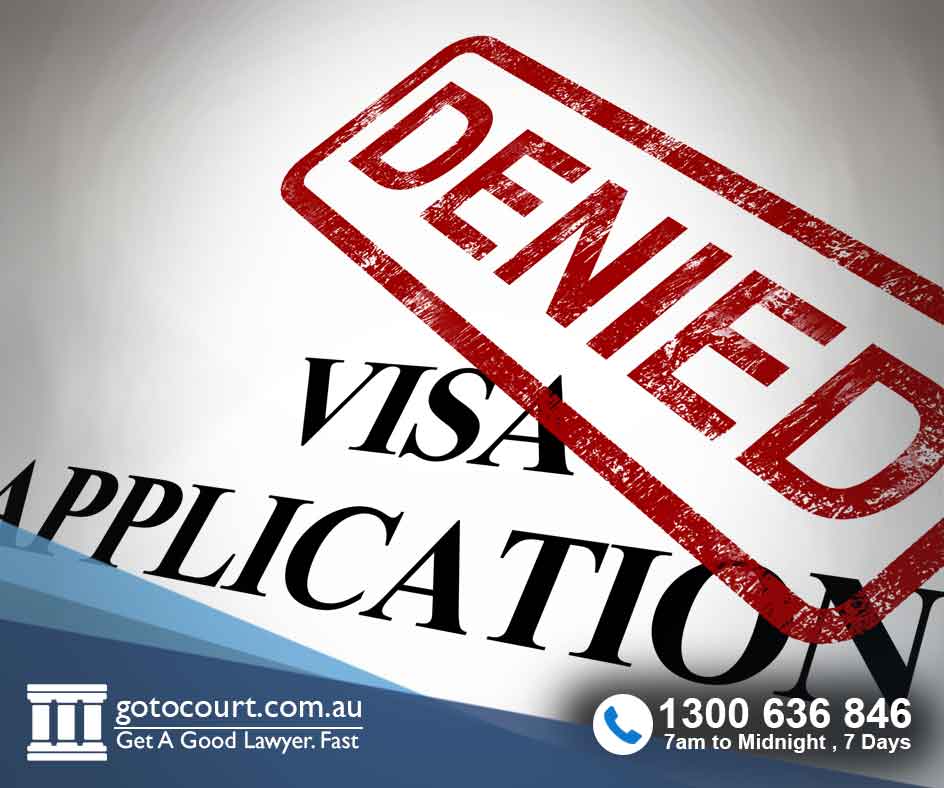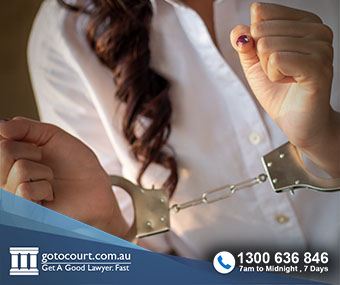Call our lawyers
now
or,
have our lawyers
call you
Australian Citizenship
Updated on Sep 28, 2023 • 6 min read • 467 views • Copy Link
Australian Citizenship
Australian citizenship is the status enjoyed by those who are born in Australia to Australian parents. A person who is not an Australian citizen can also become a citizen through a process set out in the Australian Citizenship Act 2007. This page deals with citizenship in Australia.
What rights do citizens have?
Some rights and opportunities are exclusive to Australian citizens.
These include:
- the right to vote in federal, state, territory and local government elections;
- eligibility to seek election for public office;
- holding an Australia passport;
- working in the Australian defence force and federal government;
- the right to secure aid from an Australian official while outside the country;
- any children born overseas will be Australian citizens;
- the right to leave and re-enter Australia without restrictions and avoid deportation;
- the opportunity to defer university expenses;
- the right to adopt children;
- representing Australia in international sporting events; and
- holding full residency rights in New Zealand without expiration or risk of losing these rights.
There are also duties and obligations attached to being an Australian citizen. These include:
- defending the country should the situation call for it;
- registering to vote and voting at all elections and referenda (once over 18); and
- serving on a jury, if called upon to do so.
How is citizenship obtained?
There is no single way of obtaining Australian citizenship. Some of the situations where non-citizens can obtain citizenship are listed below.
- Either one or both of parents were Australian permanent residents or citizens at the time of their birth (if they were born after 1986);
- They are a migrant of good character, hold a permanent residence visa, and intend to live in or maintain a close and ongoing association with Australia (citizenship by conferral);
- They are a New Zealand citizen living in Australia, of good character, meet the residence requirement for New Zealand citizens to obtain Australian citizenship, and intend to live in or maintain a close and ongoing association with Australia;
- They were born outside the country and one parent was a former Australian citizen at the time of their birth;
- They came to Australia under the Commonwealth Child Migration Scheme (between 22 September 1947 and 31 December 1967) and hold a permanent residence visa;
- They were born in Papua New Guinea before independence on 16 September 1975 and one parent was born in Australia and was an Australian citizen at the time of their birth;
- They were an Australian citizen but renounced or lost their citizenship by acquiring citizenship from another country under the old Act and now want to resume Australian citizenship;
- They were adopted by an Australian citizen as a child and the adoption process was completed outside Australia in conformity with The Hague Convention on Intercountry Adoption or a mutual agreement between Australia and another country; or
- They are a child of 16 or 17 years of age, hold a permanent residence visa, and meet the residence requirement.
Australian citizenship by conferral
Citizenship conferral happens when a person is granted Australian citizenship by meeting the specified eligibility requirements and passing a citizenship test. The Department of Home Affairs provides a useful outline of the citizenship by conferral process.
Generally, Australian citizenship by conferral can be granted when the following criteria are met:
- The person is generally eligible to apply for citizenship by conferral;
- They meet the general residence requirements or their circumstances allow them to meet the special residence requirements;
- They pass the citizenship test; and
- There is no reason for the Minister for Immigration to refuse the application.
General eligibility
A person is generally eligible for citizenship by conferral if they meet the following criteria:
- They are aged at least 18 at the time of making the application for citizenship; and
- They are a permanent resident at the time they make the application and at the time the Minister for Immigration makes a decision; and
- They are of good character; and
- They understand the nature of citizenship and the importance of making an application for Australian citizenship; and
- They have a basic understanding of English, knowledge of Australia and knowledge of the responsibilities and privileges citizenship of Australia will grant you; and
- They are likely to live or continue to live in Australia and maintain a close relationship with Australia if they were to become an Australian citizen.
General residence requirements
Under the Australian Citizenship Act 2007 a person will need to satisfy the following requirements:
- In the past four years before applying for citizenship, they have lawfully resided in Australia;
- In the past 12 months before applying for citizenship, they have resided in Australia as the holder of a permanent residence visa;
- They have not been absent from Australia for more than 12 months in total in the previous four years; and
- They have not been absent from Australia for more than 90 days in the last 12 months before making the citizenship application.
Citizenship test
The Australian citizenship test was created to ensure applicants have an adequate knowledge of Australia and the underlying rights and duties of being an Australian citizen. The test also gauges how well a person understands English. The Department of Home Affairs has a number of resources available to prepare for the citizenship test.
Refusal of citizenship
The Minister for Immigration may refuse an application for citizenship on the following grounds:
- The person’s identity cannot be established;
- The person represents a national security risk;
- The person cannot satisfy the general or special residence requirements and is not eligible for an exemption;
- The person has pending criminal matters or is found not to be of good character; or
- The person has renounced their Australian citizenship within the last 12 months. This does not apply, however, if the person is at risk of becoming stateless.
Applications for appeal can be made to the Administrative Appeals Tribunal within the specified timeframes indicated on the refusal letter.
Citizenship ceremony
Australian citizenship is granted at an Australian citizenship ceremony after all of the above requirements have been met and the person has passed the citizenship test. The ceremony usually takes place within three months of an application being approved by the minister.
The applicant will receive an invitation from the local council which they nominated when they applied for Australian citizenship. The invitation will provide the details of the ceremony.
At the citizenship ceremony, the person takes the Australian citizenship pledge. This is the final stage in becoming an Australian citizen. Every qualified adult applicant must attend their citizenship ceremony, though in rare cases exceptions may be made.
If you require legal advice or representation in any legal matter, please contact Go To Court Lawyers.

Affordable Lawyers
Our Go To Court Lawyers will assist you in all areas of law. We specialise in providing legal advice urgently – at the time when you need it most. If you need a lawyer right now, today, we can help you – no matter where you are in Australia.How It Works







1. You speak directly to a lawyer
When you call the Go To Court Legal Hotline, you will be connected directly to a lawyer, every time.


2. Get your legal situation assessed
We determine the best way forward in your legal matter, free of charge. If you want to go ahead and book a face-to-face appointment, we will connect you with a specialist in your local area.


3. We arrange everything as needed
If you want to go ahead and book a fact-to-face appointment, we will connect you with a specialist in your local area no matter where you are and even at very short notice.


